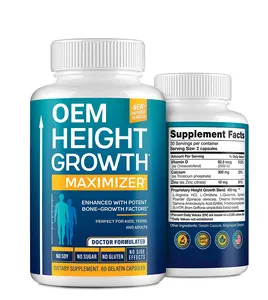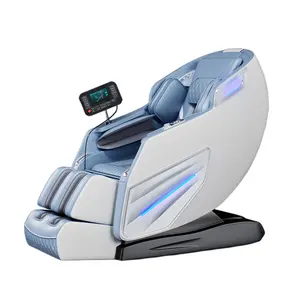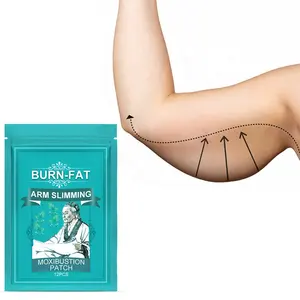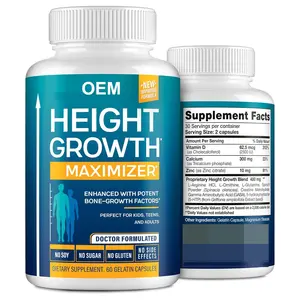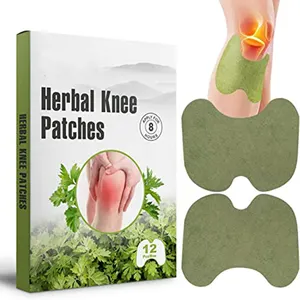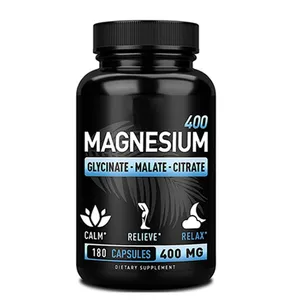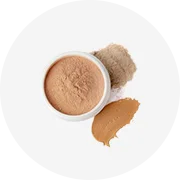




















 배송 준비 완료
배송 준비 완료










































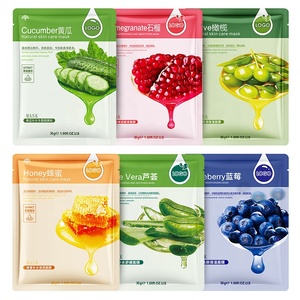


























































 배송 준비 완료
배송 준비 완료

















oem 화장품 페이셜 마스크 정보
살아있는 미생물이 포함 된 oem 화장품 페이셜 마스크는 소화 시스템의 박테리아 균형을 유지하는 데 도움이되는 보충제입니다. 이것은 차례로 건강한 장을 촉진하는 데 도움이 될 것입니다. 이러한 oem 화장품 페이셜 마스크는 여러 가지 건강상의 이점과 관련이 있습니다. ㅇㅇㅇ ㅇㅇㅇ ㅇㅇㅇ ㅇㅇㅇ ㅇㅇㅇ ㅇㅇㅇ ㅇㅇㅇ ㅇㅇㅇ ㅇㅇㅇ ㅇㅇㅇ ㅇㅇㅇ ㅇㅇㅇ ㅇㅇㅇ ㅇㅇㅇ ㅇㅇㅇ ㅇㅇㅇ ㅇㅇㅇ ㅇㅇㅇ ㅇㅇㅇ ㅇㅇㅇ ㅇㅇㅇ ㅇㅇㅇ ㅇㅇㅇ ㅇㅇㅇ ㅇㅇㅇ ㅇㅇㅇ ㅇㅇㅇ ㅇㅇㅇ ㅇㅇㅇ ㅇㅇㅇ ㅇㅇㅇ ㅇㅇㅇ ㅇㅇㅇ ㅇㅇㅇ ㅇㅇㅇ ㅇㅇㅇ ㅇㅇㅇ ㅇㅇㅇ ㅇㅇㅇ ㅇㅇㅇ ㅇㅇㅇ ㅇㅇㅇ ㅇㅇㅇ ㅇㅇㅇ ㅇㅇㅇ ㅇㅇㅇ 오늘 Alibaba.com에서 온라인 쇼핑을 할 수 있으며, 이러한 아이템을 사용하면 면역 기능 향상과 체중 감소를 모두 달성 할 수 있습니다.
oem 화장품 페이셜 마스크에는 살아있는 미생물이 포함되어 있기 때문입니다. , 충분한 양을 섭취하면 장에 필요한 모든 자연 균형을 회복하는 데 도움이됩니다. 이로 인해 Alibaba.com에서 제공되는 이러한 보충제를 섭취하면 다양한 건강상의 이점을 얻을 수 있습니다. 연구자들은 이와 같은 제품을 복용하면 기억 상실, 불안, 스트레스 및 우울증과 같은 정신 건강 문제의 증상을 개선 할 수 있음을 보여주었습니다.
특정 계통의 oem 화장품 페이셜 마스크는 또한 심장을 보호 할 수 있습니다. 이는 신체의 나쁜 콜레스테롤 수치를 감소시켜 혈압을 낮추는 데 도움이되기 때문입니다. 습진과 같은 알레르기는 발진 발생 위험을 줄이기 때문에 이와 같은 제품을 사용하여 치료할 수도 있습니다. 물론 이러한 제품을 복용하는 주된 이유는 소화를 돕기 위해서이며 IBS, 궤양 성 대장염 및 괴사 성 장염과 같은 장 질환의 증상을 모두 줄일 수 있습니다.
저렴한 oem 화장품 페이셜 마스크 거래를 찾아 대량 구매 Alibaba.com에서 쇼핑하여 추가 비용을 절약하세요. 이러한 제품은 고품질 품목을 만드는 여러 제조업체의 제품입니다. ㅇㅇ ㅇㅇㅇ ㅇㅇㅇ ㅇㅇㅇ ㅇㅇㅇ ㅇㅇㅇ ㅇㅇㅇ ㅇㅇㅇ ㅇㅇㅇ ㅇㅇㅇ ㅇㅇㅇ ㅇㅇㅇ ㅇㅇㅇ ㅇㅇㅇ ㅇㅇㅇ ㅇㅇㅇ ㅇㅇㅇ ㅇㅇㅇ ㅇㅇㅇ ㅇㅇㅇ ㅇㅇㅇ ㅇㅇㅇ ㅇㅇㅇ ㅇㅇㅇ ㅇㅇㅇ ㅇㅇㅇ ㅇㅇㅇ ㅇㅇㅇ ㅇㅇㅇ ㅇㅇㅇ ㅇㅇㅇ ㅇㅇㅇ ㅇㅇㅇ ㅇㅇㅇ ㅇㅇㅇ ㅇㅇㅇ ㅇㅇㅇ ㅇㅇㅇ ㅇㅇㅇ ㅇㅇㅇ ㅇㅇㅇ ㅇㅇㅇ ㅇㅇㅇ ㅇㅇㅇ ㅇㅇㅇ ㅇㅇㅇ ㅇㅇㅇ ㅇㅇㅇ ㅇㅇㅇ ㅇㅇㅇ ㅇㅇㅇ ㅇㅇㅇ ㅇㅇㅇ ㅇㅇㅇ ㅇㅇㅇ ㅇㅇㅇ ㅇㅇㅇ 오늘 더 건강한 소화를 즐기고 온라인 쇼핑을 즐기십시오. ㅇㅇ ㅇㅇㅇ ㅇㅇㅇ ㅇㅇㅇ ㅇㅇㅇ ㅇㅇㅇ ㅇㅇㅇ ㅇㅇㅇ ㅇㅇㅇ ㅇㅇㅇ ㅇㅇㅇ ㅇㅇㅇ ㅇㅇㅇ ㅇㅇㅇ ㅇㅇㅇ ㅇㅇㅇ ㅇㅇㅇ ㅇㅇㅇ ㅇㅇㅇ ㅇㅇㅇ ㅇㅇㅇ ㅇㅇㅇ ㅇㅇㅇ ㅇㅇㅇ ㅇㅇㅇ ㅇㅇㅇ ㅇㅇㅇ ㅇㅇㅇ ㅇㅇㅇ ㅇㅇㅇ ㅇㅇㅇ ㅇㅇㅇ ㅇㅇㅇ ㅇㅇㅇ ㅇㅇㅇ ㅇㅇㅇ ㅇㅇㅇ ㅇㅇㅇ ㅇㅇㅇ ㅇㅇㅇ ㅇㅇㅇ ㅇㅇㅇ ㅇㅇㅇ ㅇㅇㅇ ㅇㅇㅇ ㅇㅇㅇ ㅇㅇㅇ ㅇㅇㅇ
